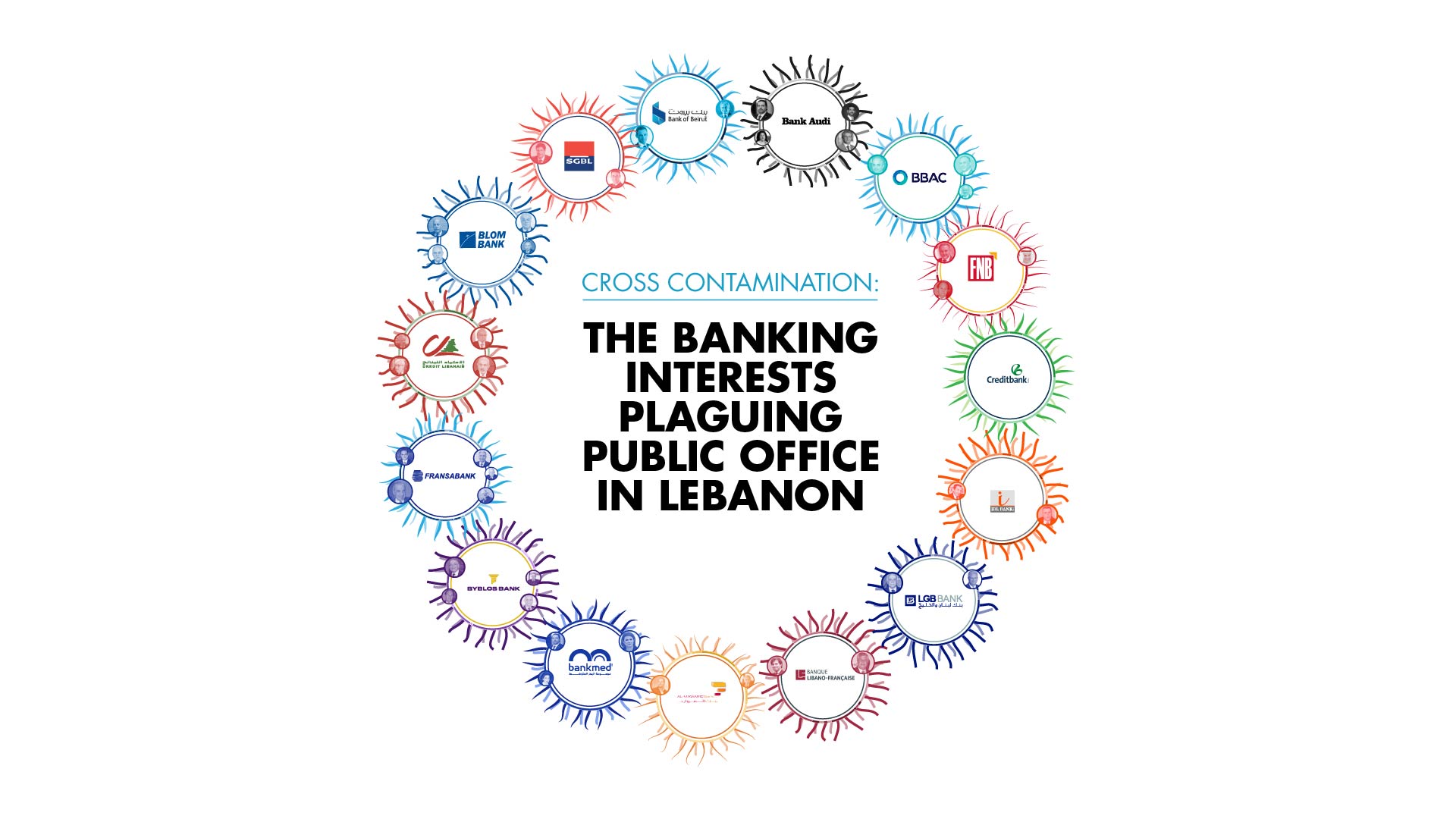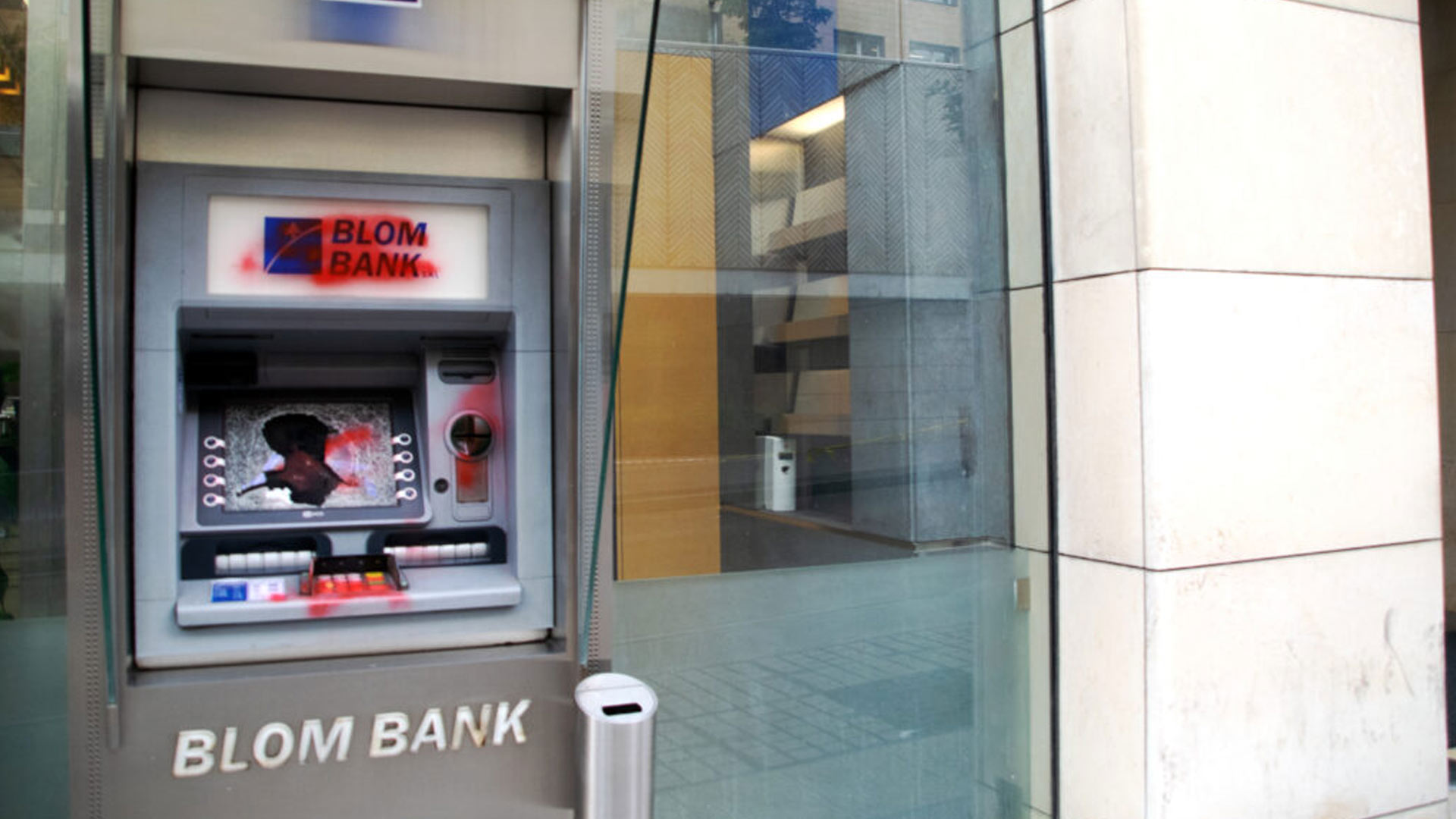The devastation of yet another war with Israel and the downfall of the Assad regime has laid bare the immense suffering of our people, exposing the urgent need for justice that transcends political divides. In that vein, our nation’s credibility, sovereignty and moral standing depend very much on one critical decision: ratifying the Rome Statute and joining the International Criminal Court (ICC).
For decades, Lebanon has endured violations of international law, with civilians bearing the brunt of these atrocities. From indiscriminate bombardments to the destruction of vital infrastructure, these acts — many constituting war crimes — demand impartial scrutiny. The ICC offers Lebanon a robust, internationally recognized mechanism to address these violations and ensure accountability. However, our choice to pursue justice cannot be selective; it must reflect a universal commitment to accountability, both external and internal.
Justice as the cornerstone of peace
Ratifying the Rome Statute is not merely a symbolic gesture; it is a strategic move to protect Lebanon’s sovereignty and uphold justice for its citizens. The ICC provides a platform to investigate and prosecute war crimes committed on Lebanese soil or by its nationals. Its recent arrest warrants against Israeli leaders, including Prime Minister Benjamin Netanyahu and former defense minister Yoav Galant, for alleged war crimes in Palestine, demonstrate that the Court is not merely beholden to geopolitical power. Lebanon must leverage this impartiality to present evidence of the crimes committed against its people.
But, justice cannot stop at our borders. Hezbollah, an integral but polarizing part of Lebanon’s political fabric, must also submit to this new paradigm of accountability. While its leaders decry Israeli war crimes, they resist Lebanon’s accession to the ICC, fearing scrutiny of their own actions. This contradiction undermines Lebanon’s credibility. Justice must go both ways; otherwise, it becomes hollow rhetoric, eroding public trust and international support.
Hezbollah cannot have it both ways
Hezbollah and its allies cannot simultaneously call Israel’s leaders war criminals and obstruct Lebanon’s ability to present evidence of those crimes to independent and impartial ICC prosecutors. This hypocrisy weakens not only Lebanon’s credibility but also Hezbollah’s own claims of defending Lebanese sovereignty and justice. If Hezbollah truly targets only military infrastructure, as it asserts, it should have no objection to the ICC’s scrutiny. Indeed, a neutral court would be an opportunity for Hezbollah to demonstrate its adherence to international law.
By opposing ICC ratification, Hezbollah sends a troubling message: it fears accountability not only for others but for itself. This is consistent with its track record of blocking justice mechanisms, from the investigation into the 2020 Beirut port explosion to other inquiries into domestic and regional actions. Such resistance only reinforces the perception that Hezbollah operates above both Lebanese and international law, a stance that is increasingly untenable as Lebanon grapples with the fallout of the disastrous war with Israel.
Concerns about ICC jurisdiction over past actions, such as Hezbollah’s involvement in Syria, can be mitigated. Lebanon has the option to limit the Court’s jurisdiction to crimes committed during the Syrian Civil War by submitting a declaration to the ICC submitting to its jurisdiction from a certain date. While not ideal, this approach offers a pragmatic compromise, allowing Lebanon to address the current conflict while sidestepping politically fraught cases from the past. If Hezbollah is committed to justice, it should welcome this path.
In the wake of the fall of Hezbollah’s ally, Bashar al-Assad in Syria, the party must recognize that Lebanon’s survival depends on a unified commitment to accountability. Selective justice is not justice at all, and as long as any party seeks to evade scrutiny, Lebanon’s path to peace and reconciliation will remain blocked.
Addressing the critics
Opponents of ICC ratification argue that it could expose Lebanese actors, including Hezbollah, to prosecution. Yet, this fear reveals a deeper issue: resistance to impartial accountability. By blocking Lebanon’s ICC accession, these factions undermine the very principle of justice they claim to uphold.
Another common critique is that the ICC disproportionately targets weaker nations while sparing powerful states. However, the Court’s track record disproves this claim. Its recent cases against Israeli leaders and Russian President Vladimir Putin illustrate its willingness to pursue justice regardless of political power. Joining the ICC is not a surrender of sovereignty; it is an assertion of Lebanon’s right to seek justice on its terms.
Moreover, critics argue that ICC proceedings are slow and lack enforcement power. While it is true that ICC investigations can take years, the Court’s jurisdiction serves as a powerful deterrent. Perpetrators who know they may face international prosecution are less likely to commit atrocities. For Lebanon, this deterrent effect could mean greater protection for civilians and a stronger framework for safeguarding human rights.
A turning point for Lebanon
Our nation’s history of unresolved grievances — whether the 2020 Beirut port explosion or the legacy of the Syrian war — has left deep scars. Joining the ICC would signal a break from the cycle of impunity. It would bolster Lebanon’s justice system, offering a neutral framework to address crimes committed by all parties, domestic and foreign. This is not about targeting specific groups but about creating a culture of accountability that protects all Lebanese.
Ratification also carries significant diplomatic benefits. It would elevate Lebanon’s standing on the global stage, aligning us with international justice norms and rallying support from allies committed to the rule of law. The ICC’s oversight could act as a deterrent against future violations, providing a measure of security for Lebanon’s most vulnerable communities.
The path forward
Ratifying the Rome Statute requires political courage and collective will. Resistance from Hezbollah and other factions must be confronted with a unified vision for Lebanon’s future — one where justice is not selective, but universal. By committing to the ICC, Lebanon would send a clear message: we are a nation that values accountability, sovereignty and the rule of law.
The time to act is now. Lebanon cannot afford to let this opportunity slip away. Justice is not just an abstract ideal; it is the foundation of peace, stability and national resilience. Without it, Lebanon will continue to spiral into division and dysfunction. By embracing the ICC, we can chart a new course — one rooted in accountability, justice and hope for generations to come.
This commentary was originally published in L’Orient Today (in English) and L’Orient Le Jour (in French).
Cynthia Zarazir is a Member of Parliament in Lebanon.
The views expressed in this article are solely those of the author and do not necessarily reflect the views of Badil | The Alternative Policy Institute or its editorial team.



